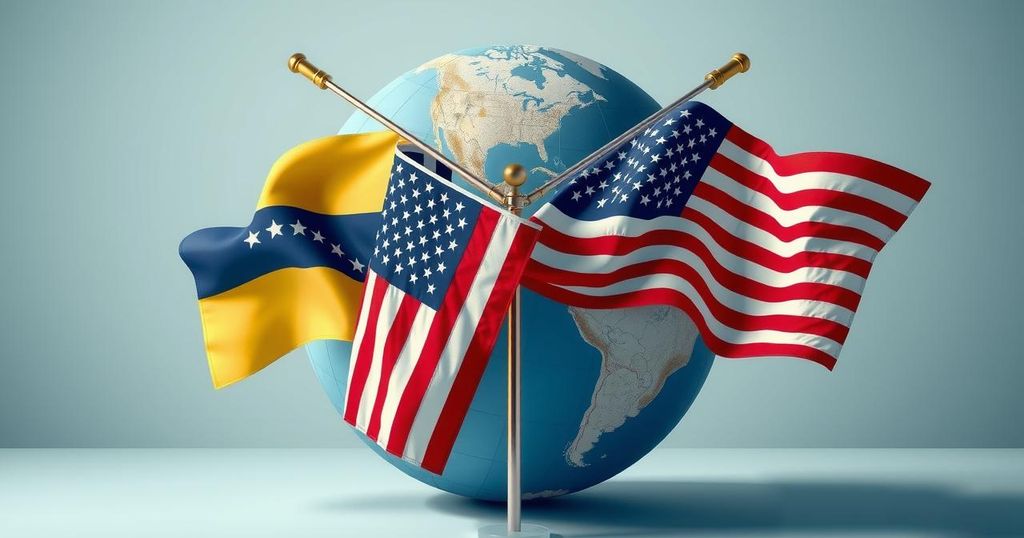In his analysis of the Trump-Maduro relationship, Paul Webster Hare discusses the evolving U.S. stance on Venezuela amidst election fraud and economic challenges. He highlights Trump’s strategic interactions with Maduro, especially concerning deportations, while recognizing the ongoing sanctions and support for opposition leader Edmundo González. Hare also addresses the influence of China in Venezuela and concludes that U.S. policy is shaped by internal administration factions.
Paul Webster Hare, a Master Lecturer in International Relations at Boston University and former diplomat, provides an in-depth analysis of the complex relationship between the Trump administration and Venezuelan President Nicolás Maduro. In a recent article for The Conversation, Hare identifies a “subtle shift” in Trump’s approach during his second term, which continues to abstain from recognizing Maduro officially, while preserving sanctions and endorsing opposition leader Edmundo González as the legitimate president.
Hare concludes that the Trump administration’s strategy toward Venezuela will largely be influenced by internal factional power dynamics and political priorities. The apparent contradictions—engagement with Maduro for strategic purposes while opposing his regime—exemplify the conflicting pressures shaping U.S. policy. Hare emphasizes that Maduro’s own survival hinges on Venezuela’s economic state, affected by U.S. sanctions and future diplomatic relations.
Original Source: www.bu.edu






